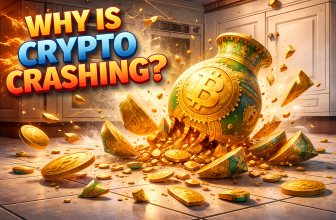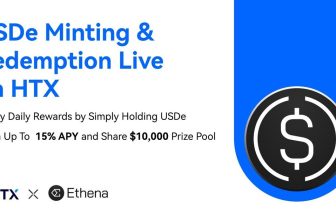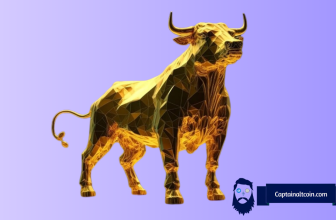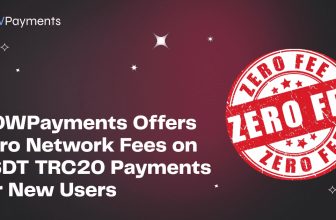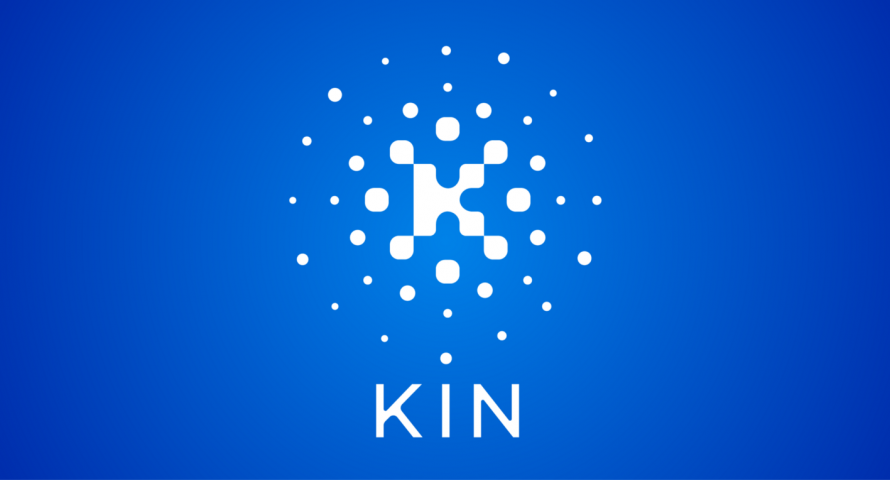
The Kin SDK helps game developers by:
- Making game development with cryptocurrency easy
- Allowing developers to integrate Kin to facilitate peer-to-peer transactions in games
- Increasing engagement among users
- Not requiring any previous understanding of how blockchain works, as the SDK removes complexities so they can simply focus on development, while reaping the benefits that crypto offers.
Kin and Unity share a mutual goal of helping game developers achieve success through the democratization of the game development process. For Unity, the world’s largest gaming engine, this means providing tools designed to let developers make, promote, and monetize their games with ease. Additionally, at Kin, they’re focused on building a thriving ecosystem of games and amplifying social interaction to help developers grow more sustainable social communities in the games they create.
Kin is happy to report that our collaboration to meet this goal has been realized. Beginning today, the Kin SDK for Unity is now available in the Unity Asset Store. Now, Unity developers can easily integrate Kin into their mobile games, enabling them to create user experiences that reward social interaction and create ‘stickier’ social networks.
This is a major step forward, not just for Unity, but for our overall strategy of driving mainstream adoption of Kin in gaming. Kin will enable easy peer-to-peer transactions in games focused on creating social communities and high interactions between users, while the developers creating them can spark user interest and incentivize players – starting with Unity.
The Kin SDK for Unity
The Kin Software Development Kit (SDK) for Unity is simple, and it gives developers more freedom and flexibility when creating their user interface and custom Kin gaming experiences. Developed with Prime31, the leading Unity Asset Store publisher, the Kin SDK for Unity offers Unity developers access to the Kin Blockchain, cutting the backend complexity of technology so they can focus on development.
The Kin SDK for Unity allows developers to do the following:
● Open new Kin accounts
● Create Kin wallets
● Provide ways to earn and spend Kin in games
For players, it enables:
● Earning and spending Kin in games
● User-to-user interactions (e.g. sending Kin to other players; player participation in pools or challenges; etc.)
● Keeping track of Kin balances
Learnings from Unity Developers
Kin always believed that they could give game developers a unique way to monetize their apps in ways that enhance, not interrupt, the user experience. To provide the best solution for Unity developers, however, the company needed to ensure that our offering met their specific needs and addressed their pain points. From the beginning, Kin worked hand-in-hand with Unity and its developers to do this. Research, including 1:1 interviews with game developers and surveys conducted at Unite events, was the first step in the process.
As game developers focus on prioritizing against acquisition, retention, and monetization, Kin consistently heard that Unity developers wanted to:
● Create custom experiences, not “homogenous” earn and spend opportunities
● Design their own user interface, each with a unique look and feel
● Spend no time on backend blockchain architecture or infrastructure
These were the three guiding principles for building our product for Unity developers. With feedback directly from our future users, Kin built a product that is validated by real data to solve the problems that Unity developers face.
Additionally, the team found that 58 percent of developers surveyed acknowledged having ‘below average’ expertise with blockchain, but nearly half of them viewed cryptocurrency and blockchain technology as an area of interest, or a potential strategy or solution for their business. This signals that Unity developers are considering the benefits of a premium digital currency, but haven’t had experience with the technology to fully realize them. These insights are encouraging, since Kin will be one of, if not, the first cryptocurrencies these developers test, and they’ll be able to do it with ease.
Adding Kin to a Unity game
The Kin SDK for Unity is designed to help developers create a more engaged experience in multiplayer gaming environments. Some examples of how Kin can work in a game include:
● Keeping your users playing through peer-to-peer experiences, giving extra lives, or offering bonuses for joining or helping a team
● Creating excitement for in-game peer-to-peer challenges
● Boosting engagement by recognizing players for in-game achievements and participation with badges and rewards
● Rewarding players with Kin for liking and sharing, or letting players tip each other for a game well played.
Kin operates on the Kin Blockchain, which is powerful enough to process more than 100 transactions per second, solving many of the latency issues that coins on other blockchains face. Once connected to exchanges, this secure blockchain will also offer developers liquidity, allowing them to use Kin to refuel their in-app Kin economies, or support the continued viability of their business model.
What’s Next
The Kin SDK for Unity is currently available for Android developers. Together, with Unity, Kin will work toward releasing the SDK for iOS developers in the coming weeks. Kin is also very excited about the upcoming launch of a Kin and Unity Developer Program – stay tuned for details on this.
Additionally, there a several joint marketing initiatives on the horizon that will help raise awareness of Kin with Unity developers. The company will run educational sessions throughout the U.S., and at Unite Events around the world, while continuing our work with Prime 31 and other Unity Asset Store publishers. This will help us us build more tools that solve hard problems for developers, making it even easier for them to drive results with Kin.
Learn more about the Beta-Kin SDK on Unity here.



